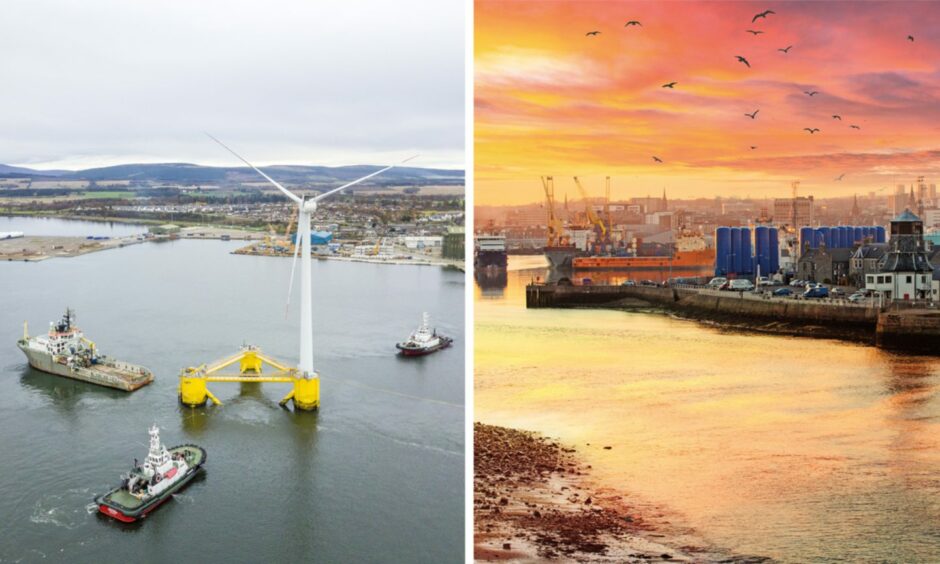
The winning two bids for ‘freeports’ with special tax status in Scotland have been decided and will be made public ‘imminently’, according to the UK Government.
Five bids were lodged by groups in Orkney, Aberdeen and Peterhead, Inverness and Cromarty, Forth, and Clyde.
Each has the capacity to bring jobs and investment.
But 18 months after negotiations on the policy began between the UK and Scottish governments, the winners are still waiting to be announced.
‘We’ve decided the winners’
Scottish Secretary Alister Jack went further than recent announcements by confirming the two awards have been decided during the Conservative party conference in Birmingham.
However, it’s understood a surprise new plan by Prime Minister Liz Truss to offer losing bids new “investment zone” status is creating a new obstacle.
The proposals come with far-reaching tax incentives and light-touch regulation – already flashpoints between Tories and the SNP.
“We’ve decided the winners, we’ve agreed it with the Scottish Government and we’re ready to announce those winners and we’ll be doing that imminently,” Mr Jack told Tory delegates this week.
“I also want to offer the five areas investment zone status which would give them other advantages.”
He also threw in a potential new “union” investment zone for Stranraer and Belfast, if there was interest.
The five bidders for freeports would be a good start, along with others, he said.
While freeport bids are understood, investment zones are being described by SNP figures as a “soundbite in search of a policy to call home”.
Insiders said the new plans were a surprise when Ms Truss took over at Downing Street.
The SNP is not likely to accept the Conservative plan to slash tax, regulations and planning conditions.
Deputy First Minister John Swinney and UK Government minister Simon Clark have been holding meetings.
But decisions on freeports and investment zones still require a “fair wind”, one source added.
What are investment zones?
The policy has been outlined for England, aimed at driving growth and unlocking housing by lowering taxes and easing planning rules.
Most of the responsibilities are devolved in Scotland and can’t be imposed by the UK Government north of the border.
Zones could have time-limited tax benefits, including 100% business rates relief.
Businesses in England would get full stamp duty tax relief and a zero rate for employer national insurance contributions on staff earning up to £50,270 a year.
What are freeports?
A freeport is a large zoned area within a defined boundary extending around 28 miles which includes rail, sea or airport.
Operators and businesses in the zone can benefit from a package of tax and other incentives, with supporters saying they fuel economic growth.
The concept has attracted support from across the political spectrum, aside from Greens.
The winning regions will land a share of £52m in fundings, tax and customs allowances and other investment incentives.
Recommended for you
